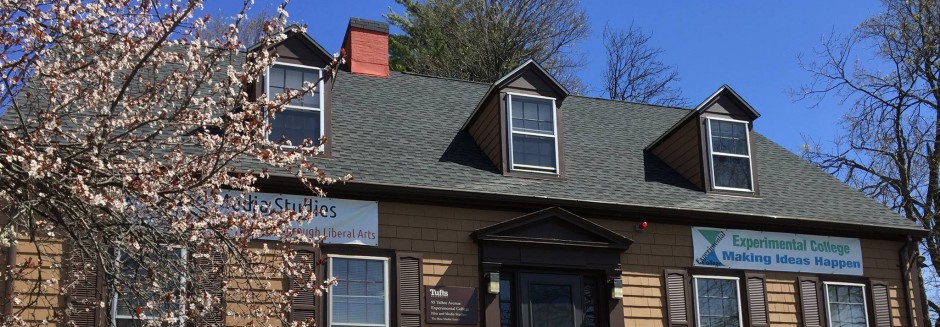Inevitably, when most new leaders begin planning the teaching aspects of their seminars, they reflect back on their own learning experiences. Many recall favorite teachers and spend some time thinking about the things that made these teachers special.
What we tend to remember are personal qualities or moments when a teacher’s actions reflected unusual sensitivity. It is much harder to recollect exactly what our favorite teachers did, what methods or techniques made them effective educators.
Thus, while fond memories are useful, in that they provide you with a positive role model, when it comes to developing teaching and leadership techniques specific to conducting a seminar, you need to look elsewhere.
This manual has been compiled in order to meet that need — to help you become better teachers and to insure that your students feel like they are part of a special, supportive “community.”
THE EXPERIMENTAL COLLEGE WAY OF EDUCATION
The key to understanding what we have put together can be stated quite simply and directly. The seminar experience envisioned by the Experimental College is fundamentally rooted in the concept of active learning, an approach to education wherein information flows not only from instructor to student but from student to instructor and student to student as well.
Put another way, the aim of education is to nurture the process of discovery on the part of the student. Ralph Waldo Emerson, who made a point of remembering what it was like to be a college student, wrote in his journal that a wise teacher knows “the best wisdom cannot be communicated [but] must be acquired by every soul for itself.”
A primary aim of teaching a first-year seminar is to structure situations in which students have as many opportunities as possible to acquire “wisdom” for themselves.
ACTIVE EDUCATION
The opportunity to take part in a seminar is quite special for entering students and will have a significant impact on the rest of their education at Tufts. In order to lead a successful seminar, it is imperative that you use teaching techniques that engender in your students the feeling of coming upon a new insight or connection because of their own efforts.
This goal can only be achieved through cultivating your students’ trust and confidence. The way to build such a student/teacher relationship is to be as sensitive as possible to individual differences, needs, and learning styles. Effective learning results from a collaborative approach, one that generates a nonthreatening atmosphere conducive to openness, spontaneity, and creativity.
Standing up in front of a class and lecturing to your students is the antithesis of active education.
EXPLORATIONS AND THE SEMINAR
Explorations groups are purposely kept small. Doing so is not simply a convenience; we believe in the seminar as a teaching and learning environment.
Some of you may have taken a seminar already; most of you have not. It will be useful, then, for us to explain how we define the term.
A seminar is a discussion-oriented class wherein teachers and students share the responsibility for the transmission of knowledge. The “contract” implicit in the seminar structure demands that each member play an active role in the educational process. This begins with attendance
— which is mandatory for all Experimental College first year seminars. If students aren’t in class, they can’t participate in the learning that leaders are attempting to facilitate, and the seminar is much diminished.
The same spirit of active participation informs all facets of the seminar experience, whether that means presenting information, being an attentive listener, asking compelling questions, conducting an interview, engaging in community work, or taking part in such group exercises as role playing, simulations, and debates.
Clearly, a sense of commitment is the key to making your seminar work. You should have no hesitation in conveying this message to your students and in expecting them to respond positively.
The following are key assumptions concerning the dynamics of Explorations seminars.
- New teachers often feel that they’ve been successful in seminar teaching so long as they get the proverbial “lively discussion” going. In fact, doing so is just the first step in having an educationally rewarding class. Talking about a subject in generalized terms, regardless of how much energy is being expended, will soon become repetitive and frustrating for you and your students.In-class discussions should be directed at eliciting responses that build on concrete examples to get at the significance of certain behaviors, or the assumptions implicit in a particular argument, or the deeper meanings in a given text.
- Student participation is crucial to the life of a seminar. What “participation” means will vary from individual to individual. You have every right to expect, however, that your students will be prepared for class, engaged, and attentive — even if some are, by nature, quieter than others.

